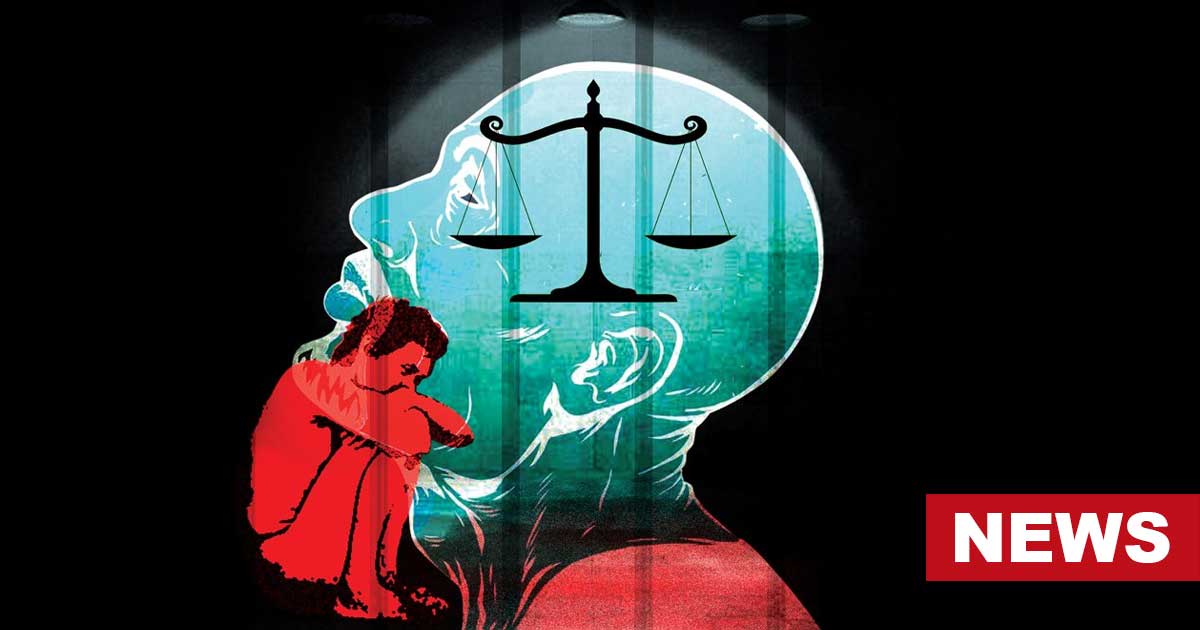- People with psychosis face legal challenges due to impaired judgment, decision-making, and communication abilities.
- But, individuals with severe mental illness (including psychosis) are legally protected by international human rights instruments and national legislation.
Legal Difficulties Of People With Psychosis
People with psychosis often encounter several legal challenges due to their condition. The manifestation of psychotic symptoms can affect their judgment, decision-making, and communication abilities, making it challenging for them to navigate the legal system.
In some cases, individuals with psychosis may be deemed incompetent to stand trial, leading to potential unfair treatment and limited access to legal representation. Discrimination, stigma, and lack of awareness about mental health issues among legal professionals further exacerbate these difficulties.
Legal Rights Of People With Severe Mental Illness
Individuals with severe mental illness, including psychosis, have legal rights that are protected by various legal frameworks. The most fundamental of these rights include the right to receive appropriate medical care and treatment, the right to be free from discrimination and stigma, the right to privacy, and the right to access justice on an equal basis with others.
These rights are enshrined in international human rights instruments such as the United Nations Convention on the Rights of Persons with Disabilities (CRPD) and various national legislations.
Legal Right To Psychosis
While there is no specific legal right to psychosis per se, individuals with psychosis have the right to be treated with dignity and respect, regardless of their mental health condition.
They are entitled to equal protection under the law and should not be discriminated against based on their mental health status. It is crucial to recognize that having psychosis or displaying signs of untreated psychosis does not diminish a person’s inherent worth or invalidate their legal rights (like the right to inherit property).
Ensuring The Legal Rights Of People With Psychosis
Legal education and training for professionals are vital to improving people’s understanding and sensitivity toward individuals with mental health conditions, including psychosis. By receiving this education, legal professionals can reduce bias and ensure fair treatment within the legal system.
Additionally, governments and organizations should strive to provide accessible legal services for individuals with psychosis, including legal aid, mental health advocacy services, and accommodations to support effective communication and participation during legal proceedings.
Supported decision-making models should be promoted to recognize the autonomy and decision-making capacity of individuals with psychosis. This approach involves providing support and assistance to help them make informed decisions while respecting their rights and preferences.
Furthermore, enacting and enforcing legislation to protect individuals with psychosis from discrimination is crucial. This includes ensuring equal opportunities in employment, education, housing, and public services.
Anti-stigma campaigns and public awareness initiatives can also play a role in challenging negative stereotypes and promoting social inclusion.
Lastly, collaboration between mental health services and the legal system is essential. Integrating these services can facilitate early identification, intervention, and treatment for individuals with psychosis, taking into account their legal needs alongside their mental health care.
This holistic approach ensures that their mental health and legal requirements are addressed in a coordinated and comprehensive manner.
Know More About –
Related Articles –
- Coping With Postpartum Psychosis: What New Mothers Need To Know
- How To Spot A Psychopath? 7 Non-Verbal Signs Of Psychopathy And Their Meanings
- What Is An Emotional Psychopath? 11 Key Behaviors To Recognize

